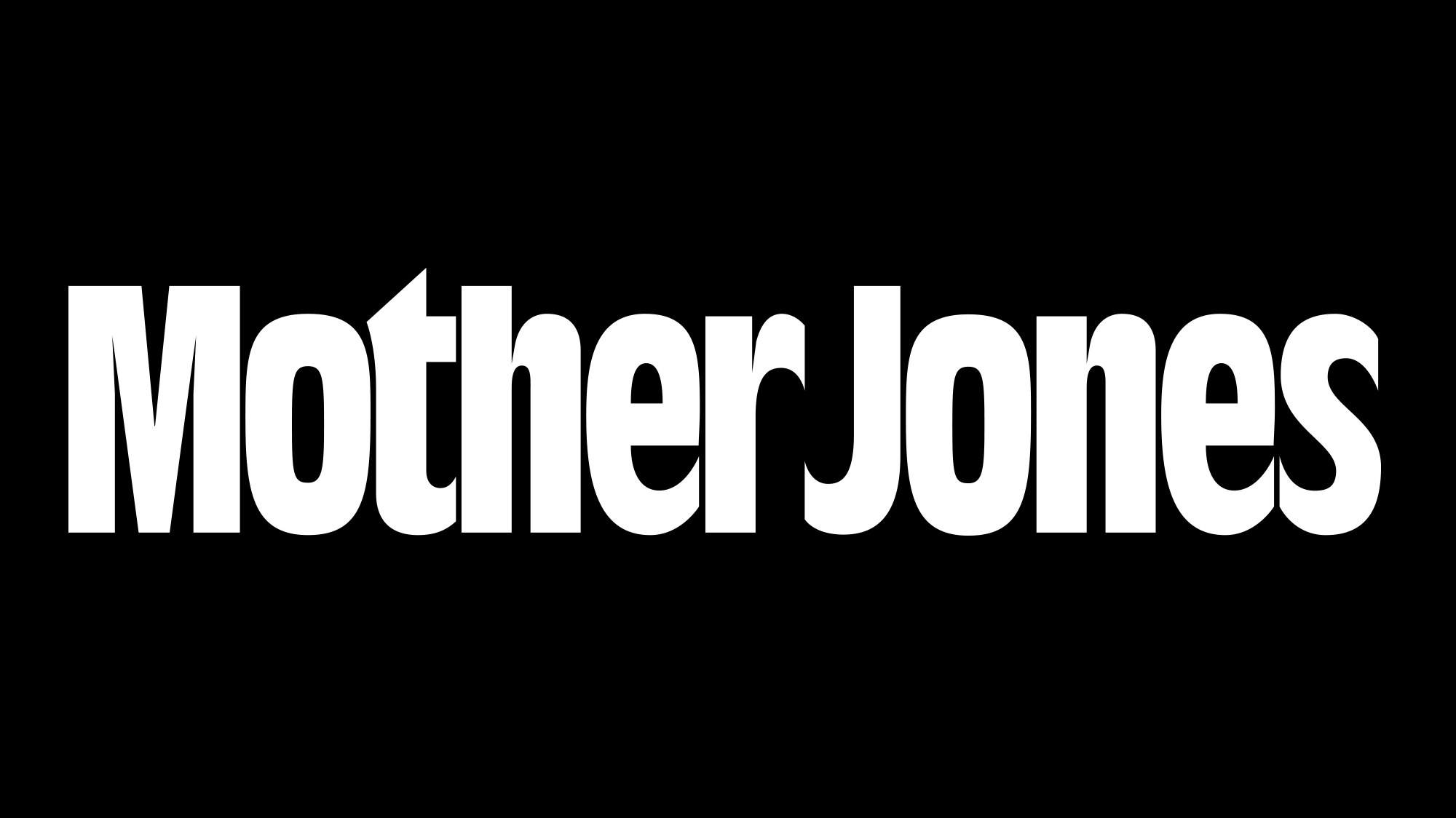Former Congressman Weldon on the 9/11 Commission Report summarized by Grok:
-Former Congressman Curt Weldon, in his interview with Tucker Carlson, made several pointed criticisms about the 9/11 Commission Report, asserting that it was fundamentally a cover-up rather than an accurate account of the events surrounding the September 11, 2001, attacks. Here’s a detailed expansion on his statements regarding the report:
Lack of Credibility
-Weldon explicitly stated that the 9/11 Commission Report "has no credibility" and described it as "a bunch of garbage" and "a lot of paper that has no substance." He believes that the report was designed to mislead the public and obscure the truth about what really happened on 9/11. This strong dismissal is based on his assertion that critical information was omitted, and the narrative was manipulated to fit a preconceived story.
Omission of Key Information
-Weldon highlighted several pieces of information that were not included in the report, which he considers essential to understanding the full scope of the events. For instance, he mentioned that the report did not address the fact that two of the hijackers were on the CIA payroll, a detail he claims was confirmed to him in writing by someone within one of the agencies. This omission, according to Weldon, is a significant indicator of the report's lack of thoroughness and integrity.
Manipulation by Philip Zelikow
-Weldon specifically targeted Philip Zelikow, the executive director of the 9/11 Commission, as the "leader of the cover-up." He noted that Zelikow was handpicked by Condoleezza Rice, suggesting a conflict of interest due to Zelikow's close ties with the Bush administration. Weldon recounted an incident where Tony Schaefer, a member of the Able Danger team, met Zelikow in Afghanistan. Schaefer was part of a special team that had gathered intelligence on al-Qaeda cells, including the New York cell, a year before the attacks. Despite this, Schaefer's office was shut down, his files were secured, and his reputation was damaged upon his return, actions Weldon attributes to Zelikow's influence.
Blocking Testimonies
-Weldon expressed frustration that he was not allowed to testify before the 9/11 Commission despite his extensive background as a firefighter, fire chief, and member of Congress with significant national security experience. He believes this was because the commission did not want to hear his perspective, which would have challenged the official narrative. He specifically mentioned sitting in the front row during the report's release, questioning Lee Hamilton and Tom Kean about why he was excluded, and receiving evasive responses.
Influence of Staffers Over Commissioners
Weldon distinguished between the commissioners themselves, whom he described as "good people," and the staffers who controlled the commission's work. He implicated Jamie Gorelick, a Clinton-era Department of Justice official, and Dieter Snell, a staffer, in shaping the report's content. Gorelick's involvement is particularly notable due to her authorship of the "wall memo," which restricted the sharing of intelligence between agencies, a policy Weldon believes contributed to the failure to prevent 9/11.
External Validation of the Cover-Up
-Weldon cited external validations of his claims, such as Louis Freeh, the former FBI director, who wrote an op-ed in the Wall Street Journal and appeared on "Good Morning America" stating that the 9/11 Commission was an incomplete investigation. Freeh's comments, according to Weldon, support the notion that the report did not fully explore all available evidence, particularly regarding pre-9/11 intelligence that could have prevented the attacks.
Broader Implications
Weldon's critique of the 9/11 Commission Report is part of a larger narrative about systemic issues within the U.S. government, including the manipulation of intelligence for political and financial gain. He argues that the report's inaccuracies and omissions are symptomatic of a deeper problem where powerful entities within the government prioritize their agendas over transparency and accountability.
In summary, Weldon's allegations about the 9/11 Commission Report center on its lack of credibility, omission of critical information, manipulation by key figures like Philip Zelikow, and the blocking of testimonies that could have challenged the official narrative. He sees these actions as part of a deliberate cover-up, supported by external critiques and his own extensive knowledge of the events.




